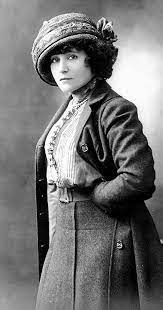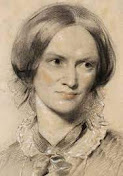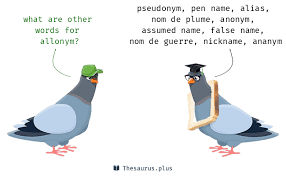An Author by any other Name by Joy Margetts
 |
| 'Colette' |
In the 18th and 19th centuries writing
fiction was considered a most unladylike activity – frivolous and distracting
from their ‘higher calling’, whatever that might have been. We probably all
know that the Brontes, unusually well educated women for their time, published
their novels under the ambiguous, but definitely more male sounding pseudonyms
of Acton, Currer and Ellis Bell. In a later explanation, Charlotte explained
why they had chosen to do so,
‘we had a vague impression that
authoresses are liable to be looked on with prejudice’
 |
| Charlotte Bronte |
‘Literature
cannot be the business of a woman’s life, and it ought not to be. The more she
is engaged in her proper duties, the less leisure she will have for it even as
an accomplishment and a recreation’.
We know of many other women forced to use
a nom de plume to be taken seriously in the publishing world in
times past. But what about now?
I don’t believe, thankfully, that there
are the same prejudices around against women writers now. At least not in the
genre I write in. But perhaps you might have come across them? I was glad to be
able to use my real name on my books without a second thought.
I do know of writers however who have
chosen to use pen names. Sometimes it is because there is already another
author out there with the same name, sometimes it is because their own name is
hard to pronounce or spell. Or it might be something a publisher or agent
has advised - some authors names better suit some genres perhaps?
A dear author friend of mine had to
choose to publish under another name for a quite different reason. She had based
her story on infidelity within a marriage, that she only knew about because she
was in a position of trust. Although names and details were of course changed,
she did not want to chance that the people who inspired her book would be exposed.
She chose to stay anonymous. Because of this she has been extremely limited in
how she can market her own work. It has led her to question whether she ever
should have published the book at all.
I want to write a novel based on my own
family history, which is definitely epic. For the sake of accuracy and
authenticity, that may require me to expose long hidden family secrets. I have
wondered about this. I will change names of course, but will I also have to
change my own name? Might I be wiser to use a pseudonym? But then, my family at least will still know it is me…
I wonder, have you chosen to use another
name on your works? What was your reason for doing so? Have you ever felt
pressurised to do so, or felt the victim of prejudice? And does it really matter anyway, as long as the credit
and the royalties go to the right person?

Comments
As for the awkwardness of using real live family/friend history for a story... yes! If you use a pen name, at least the world won’t know who the originals are, but they and their close friends will. In a family situation that could make serious repercussions but this is the judgement authors have to make... isn’t that why we are supposed to have a sliver of ice at our hearts? Some people love finding themselves depicted in a novel: Nancy Mitford drew outrageously on her eccentric family for her wonderful The Pursuit of Love and everyone involved seemed to enjoy it (oh, possibly not Diana Mosley, as I think her husband was recreated as a figure of fun and derision in one of the characters).
As for women writers taking men's names, there is always George Eliot, author of my very favourite novel. I read recently that there was a movement to change him/her back to her original name. She herself at the time was quite happy with it as it was, and I think the idea was squashed.